1709965953-0/AM24-(2)1709965953-0.png)
Aurat March 2024: Serene solidarity, soul-stirring installations
Annual event highlighted diverse issues with equal nuance
KARACHI:
"We will keep dancing. We will keep resisting." Sheema Kermani's war cry echoed through my ears as I took a second to take in where I was. A sea of saffron, keeping in line with this year's colour palette, engulfed me as I squinted due to the scorching sun. I was there. I was at Aurat March.
Since 2018, there has been a looming sense of anticipation when International Women's Day rolls around. The feeling is indescribable due to the mix of diverse emotions; fear, anxiousness, eagerness, and excitement. Every year, the protest ruffles feathers before and after it takes place. Placards spread like wildfire, video snippets go viral, and the mudslinging continues well into April, if not beyond. However, the feeling of being at Aurat March - as it takes place - is always unmatched.
The Karachi chapter

Entering Frere Hall through the media gate, I was greeted by a thin crowd. It was understandable, given that I was quite early. I briefly smiled when my eyes fell upon the waving Palestine flag in the distance. However, the sense of comfort that enveloped me swiftly exited my system. Whilst making my way to the main tent area where the stage was set, I was stopped in my tracks by a horrifyingly eerie sight. A sea of graves greeted me - bloodstained, with fresh rose petals on top; a smell hauntingly reminiscent of cemeteries.
The graveyard of the patriarchy, as the instalment was called, paid homage to all those who had lost their lives due to patriarchal violence. From the 25-year-old Dalit cotton worker involved in bonded labour who had been raped and killed by her feudal master, to the 21-year-old who took her own life due to threats from her partner about exposing her pictures, to the two-day-old Palestinian baby murdered in cold blood by the Israeli Defence Forces, each grave was a symbol of how widespread and indiscriminate patriarchal violence truly is.
A few steps away, a headless mannequin of "Pidar Shah" grabbed eyeballs. Adorned with rugged shoes, the signboard next to the symbol of a patriarchal figure suggested that its cause of death was "feminist churails (witches)." Attendees could hurl paraphernalia accompanying the mannequin at it to their heart's content.
The wall of resistance, which simply questioned attendees, "How do you resist?" was another highly interactive attraction. A great sense of catharsis could be achieved by picking up a marker and filling this canvas that essentially doubled as an outlet on which one could release bottled rage. Answers such as "by yearning" and "by educating myself" were heartwarming to read, while other responses danced to a cheekier tune.
Within the tent, Sheema jee taught the art of "dance as resistance," involving attendees as onlookers gazed with polite engrossment. A seasoned Aurat March player, Sheema jee whipped up the crowd into an uplifting frenzy and as the sound of the dhol added to the beat of the class, a resounding clamour of cheers painted the scene with a stroke of serene solidarity.
The demands
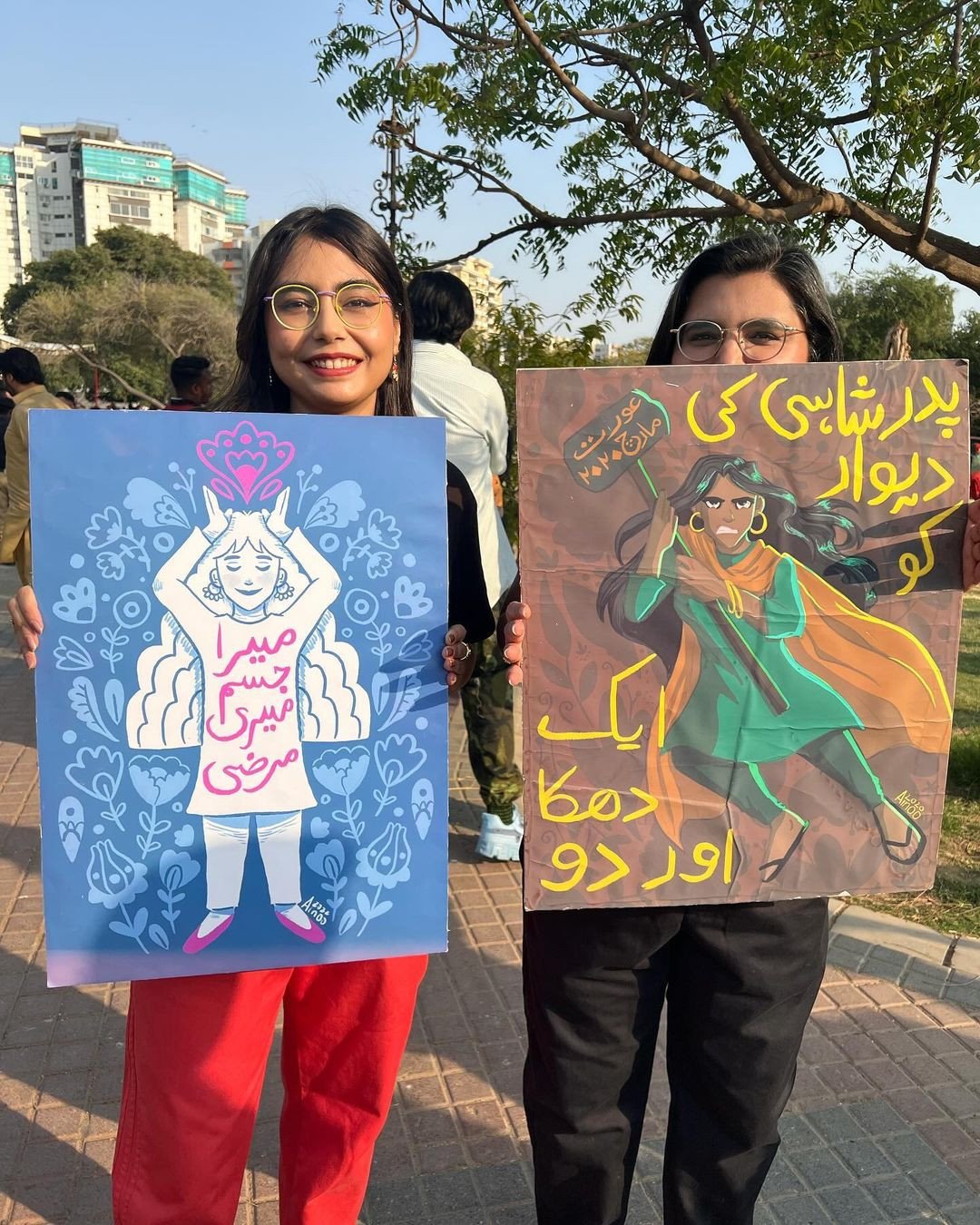
This year around, Aurat March passionately advocated for the implementation of the Home Based Workers Act 2018, urging the Sindh Government to expedite the registration of workers. The demand called for the establishment of a social security fund and benefits to shield predominantly women home-based workers from exploitation. Furthermore, an impassioned plea rallied for the escalating issue of missing persons in Balochistan. Acts of censorship, surveillance, abductions, and murders of activists, journalists, and political workers nationwide were vehemently condemned
A call to end the abductions, harassment, forced marriages, and sexual grooming of girls and women from religious minorities, particularly Christians and Hindus, was echoed in the charter of demands. The march emphasised the urgent need for the Anti Forced Conversion Law to protect vulnerable individuals and safeguard their right to choose their faith and life partners freely.
The organisation also demanded the restoration of democracy, alongside the establishment of state-funded safe houses and hostels as a crucial step towards providing refuge to women, trans individuals, and non-binary people facing patriarchal violence at home. The 2024 demands also urged the federal government to uphold the Transgender Persons (Protection of Rights) Act, 2018, protecting the right for individuals to be recognised based on their self-perceived gender identity. The call for action also condemned online hate campaigns and extreme violence targeting the Khawaja Sira community.
Why we march
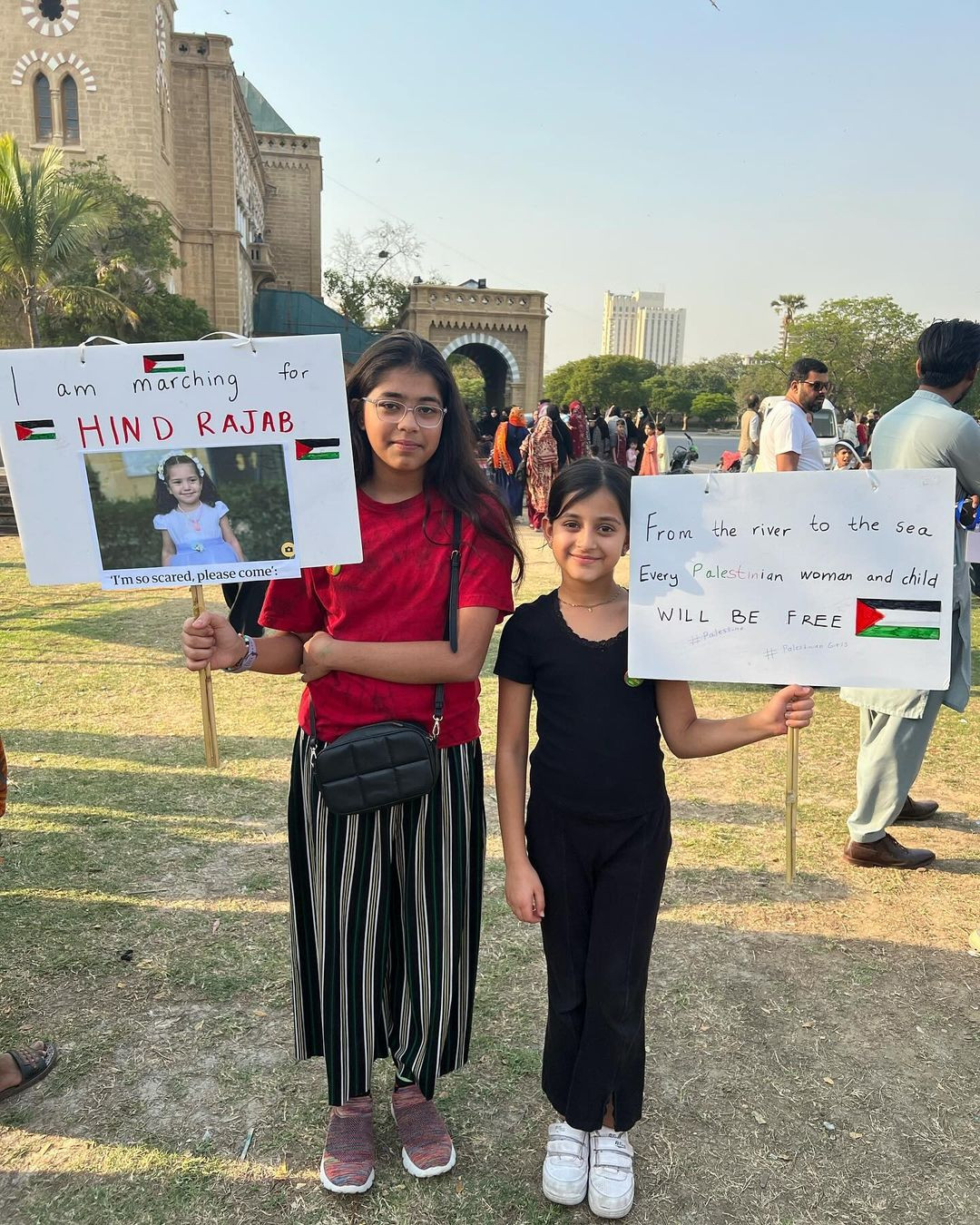
The March was strict about media attendance this time around, with many being shown the door. This was, of course, by design, given that in past years, videos from the event have been circulated, or edited, with those involved being put in harm's way. The protest also tends to draw political ire, which makes the matter of air-tight security more pertinent.
Thus, it did not come as a surprise that many were hesitant to speak about why they were there. With masked faces and requests for names to be omitted, a few did speak to The Express Tribune. "I am so happy to be part of a generation that speaks up against injustice," stated 29-year-old Ayesha Izhar. "I love the fact that my generation questions everything instead of accepting what the oppressor commands. We have made it clear that we did not inherit the silence of our mothers."
Passionately talking about the need to advocate for women as equal members in society, Sheema jee queried, "Who suffers when there is violence?" She added, "We have to keep on protesting." Lawyer Sheeraz Khan Soomro, who credited women as being the source of numerous life lessons, further stated, "Why does it trigger our masculinity to think about women's rights? Women are the best part of our society."
Another one down
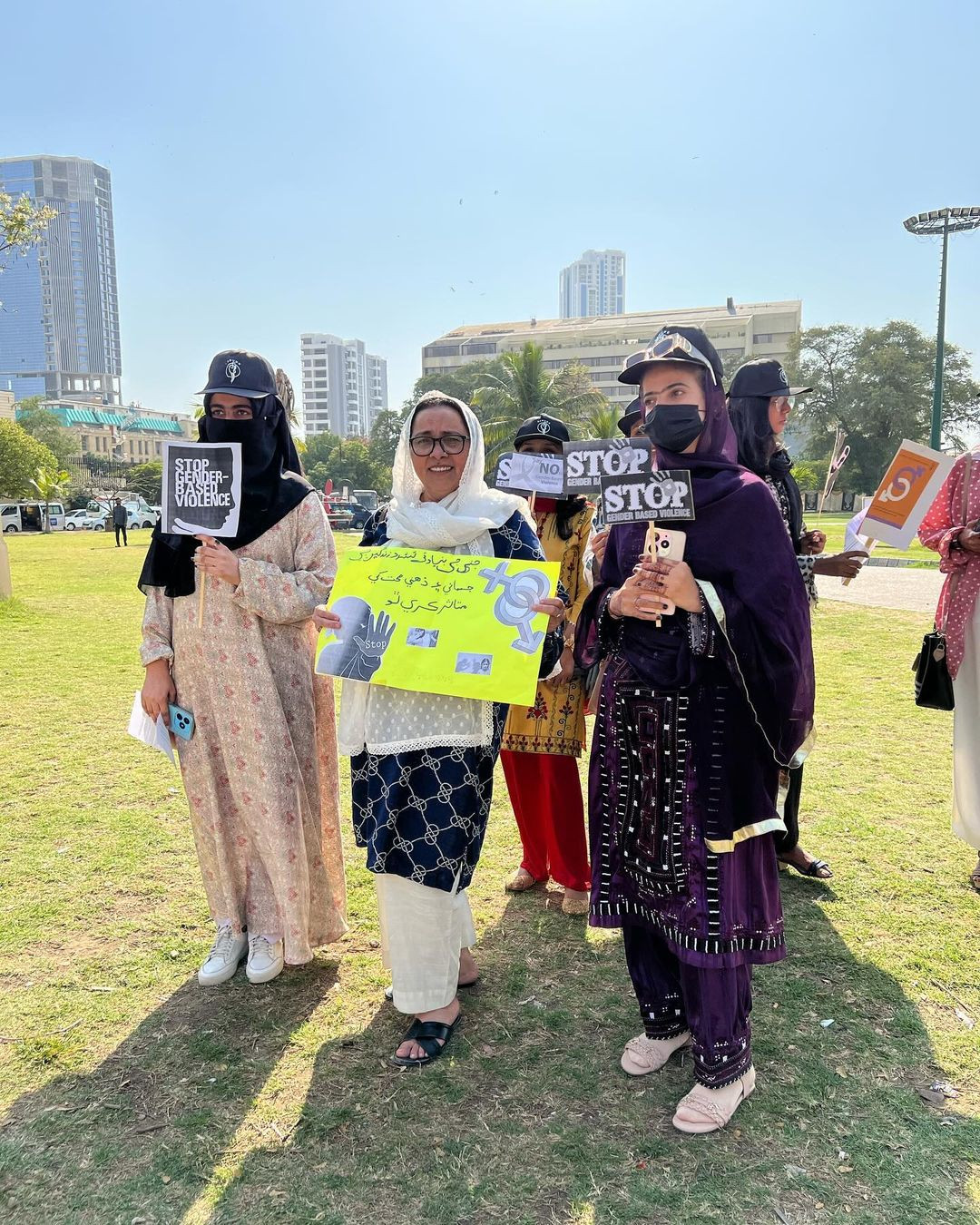
What started as a collective aiming to champion women's rights in 2018 has snowballed into a ferocious movement by 2024. As the years go by, Aurat March evolves, experimenting with ways to become more inclusive and accessible, all while making sure that the event is still a safe space.
To achieve the same, to varying degrees of success, every single year in a city like Karachi - and all over the country too, for that matter - is a tall order. Yet, no matter how tough the going gets, an invisible thread tethers the Aurat March community together, drawing members in every year as the season for revolution is nigh.
Have something to add? Share it in the comments
1715842906-0/Untitled-design-(37)1715842906-0-270x192.webp)


1715689419-0/Screenshot-(1019)1715689419-0-270x192.webp)
1715677266-0/image-(8)1715677266-0-270x192.webp)




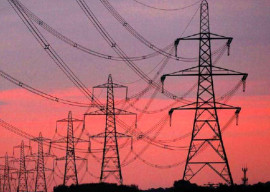
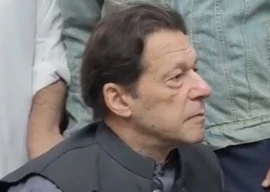
1683888120-0/image-(3)1683888120-0-270x192.webp)
1715752665-0/hazimpraise-(1)1715752665-0-270x192.webp)






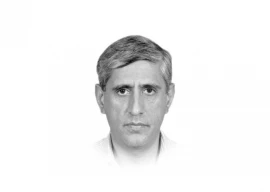
COMMENTS
Comments are moderated and generally will be posted if they are on-topic and not abusive.
For more information, please see our Comments FAQ